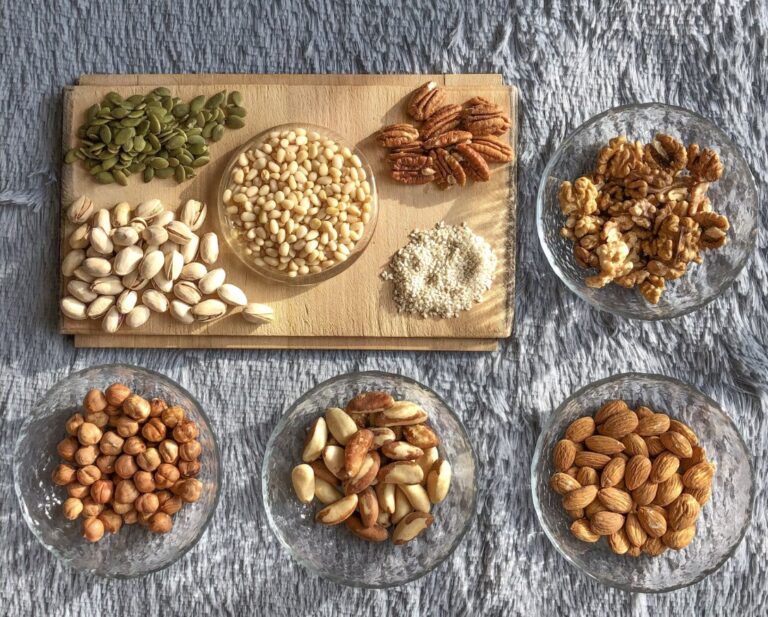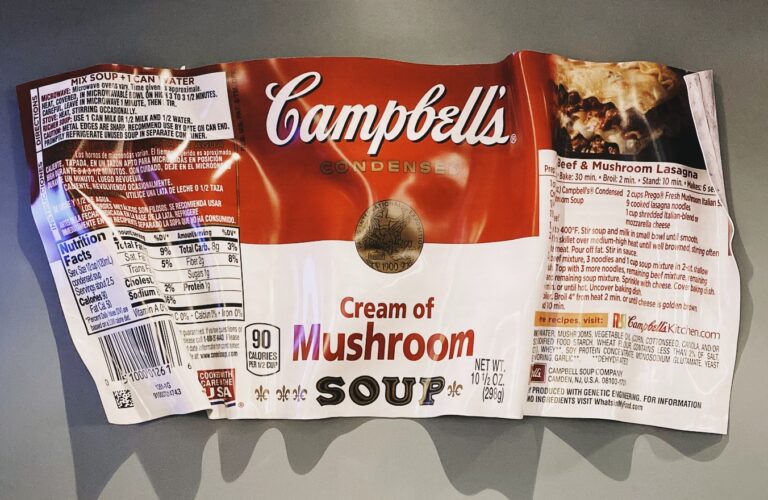Drinking one glass of red wine daily has been a subject of interest for its potential health benefits, particularly in relation to heart health. Here are some key points to consider:
- Resveratrol Content: Resveratrol is a polyphenol found in the skin of red grapes and is considered a powerful antioxidant. It is believed to contribute to the “French Paradox,” which refers to the relatively low rates of heart disease in France despite a diet rich in saturated fats. Resveratrol is thought to help relax blood vessels, reduce inflammation, and prevent blood clots, all of which can benefit heart health.
- Heart Health: The potential cardiovascular benefits of red wine have been the subject of numerous studies. Moderate consumption, typically defined as one glass per day for women and up to two glasses for men, has been associated with a reduced risk of coronary heart disease. The polyphenols in red wine may improve the function of the endothelium, the lining of blood vessels, which is crucial for regulating blood pressure and preventing plaque buildup.
- Antioxidants: Red wine contains various antioxidants, including flavonoids, quercetin, and anthocyanins. These compounds can help neutralize harmful free radicals in the body, reducing oxidative stress and inflammation. Oxidative stress is linked to various chronic diseases, so antioxidants play a significant role in maintaining overall health.
- Moderation is Key: The term “moderate drinking” is essential to highlight. Excessive alcohol consumption can lead to addiction, liver damage, increased blood pressure, and an elevated risk of several cancers. Therefore, it’s crucial to limit alcohol intake to moderate levels. One standard glass of wine typically contains around 5 ounces (150 milliliters) and provides approximately 125-130 calories.
- Individual Variability: How red wine affects an individual can vary widely based on factors such as genetics, metabolism, overall health, and medication use. Some people may experience more pronounced benefits, while others may not. It’s important to pay attention to how your body responds to alcohol and make informed decisions accordingly.
- Consult a Healthcare Professional: Before making any significant changes to your diet or lifestyle, especially involving alcohol consumption, it’s advisable to consult with a healthcare professional. They can provide personalized guidance based on your specific health status and help you determine if moderate red wine consumption aligns with your overall health goals.
- Alternatives: If you choose not to consume alcohol or prefer an alcohol-free option, you can still enjoy the potential health benefits of red grapes. Grape juice, particularly dark grape juice, contains many of the same antioxidants found in red wine. Consuming whole grapes as part of your diet is another way to reap the rewards of these antioxidants.
- Balanced Diet: Red wine, while potentially beneficial in moderation, should not be seen as a standalone solution for heart health. A balanced diet that includes a variety of fruits, vegetables, whole grains, lean proteins, and healthy fats remains a cornerstone of overall well-being. Physical activity and stress management are also essential components of a heart-healthy lifestyle.
In summary, the daily consumption of one glass of red wine may offer potential health benefits, particularly for heart health, thanks to its resveratrol and antioxidant content. However, moderation is key, and individual factors must be considered. Consulting a healthcare professional and maintaining a well-rounded, healthy lifestyle are essential for achieving and maintaining optimal health.



